[ad_1]
Advertisements
Always the first one to run low on air on a scuba dive? Freediving guru EMMA FARRELL offers helpful advice on ways to increase your SAC rate – and extend your dive-time.
You know you’re a gas guzzler when you use a twinset for a 40-minute dive, or when you’re always the first one out of air. Men more than women tend to be guzzlers, and newbies more than experienced divers. However, it is possible to teach people how to use less air on a dive, and the benefits extend far beyond a longer dive-time.
I started teaching scuba divers my Gas Guzzler course many years ago, adapting the methodology, techniques and exercises that apply to freediving. Best of all, the course is in the classroom, so perfect for scuba divers who have no intention of ever trying freediving!
The course (which these days, I should point out, can be booked only by scuba clubs for their members) not only looks at how to breathe more efficiently but helps you to analyse all aspects of your dive, preparation and kit set-up to help you see that using less air is not simply about breathing less. And when you tweak all aspects of your diving, the dives not only become longer but much more comfortable and enjoyable.
Scuba divers can significantly reduce the amount of oxygen they use during diving. The main focus is on slowing your breathing and relaxing your body. By learning to breathe deeply, you will calm your mind and body, making your dives longer and more enjoyable.
So let’s look at how, whether you attend a course or not, you can reduce air-consumption on a scuba dive.
Kit set-up
Overhauling your diving equipment set-up can make a huge difference to your air-consumption.
First, ditch the weight. The biggest issue I’ve come across with scuba divers is being over-weighted. The more weight you wear, the more difficulties you can have with buoyancy, and the effort of maintaining a position is a surefire way of using up more air.
Another factor to consider is the kind of weight system you’re using and where it is on your body. If you’re wearing a weightbelt, chances are that it’s around your waist. This is the worst place for it to be, because it stops you being able to breathe correctly and abdominally (more on that below).
If you wear a weightbelt, buy a rubber one. They are cheap and can be tied tightly around your hips, leaving you free to belly-breathe.
Leave the toys at home
If you’re determined to have a longer dive, look at your gear and decide if you’re walking into the water looking sleek and ready for action, or like a Christmas tree with too many ornaments. Get back to basics. The more bits and bobs you have to worry about, the more your attention will be on them rather than the dive. The worst offender for this is your snazzy new camera.
So much to learn and deal with while you’re under the water, fish-wrangling for that perfect shot. My advice is to get the diving right first, then bring the camera into play.
How hard is your bite?
Take a look at your mouthpiece and regulator. Do you have to clamp down to keep it in your mouth? Does your jaw ache after a dive? The more tense your jaw is, the more stress there will be in your body, because you will be activating the sympathetic nervous response and breathing more. Look into an orthodontic mouthpiece and adjust the regulator so that it is easy to breathe through.
Does your mask fit properly?
Advertisement
Advertisement
The bigger your mask, the more air you will use to equalise it. Granted, this is a small amount of air, but if the mask doesn’t fit well you will be using up a lot of air to clear it.
Another common problem is that when scuba divers equalise, they are used to having such a lot of air to play with that they lose air from their mask with every equalisation. Get your buddy to keep an eye on how much extra air you are using dealing with your mask and when you equalise.
Wetsuit, drysuit or straitjacket?
If you’re warm, you use less air. If you’re comfy, you use less air. Did you buy your wetsuit years before middle-age spread set in? Is it time to upgrade your kit? Is your BC working for you? It’s always worth trying a new gear set-up and seeing if a different style could make all the difference.
Finning fast and furious
How efficient and effective is your finning? On a freediving course, we are constantly teaching style, technique and efficiency of movement. If you bicycle-kick or fin too fast, you’ll use more energy for comparatively smaller returns. Stiff fins are also more difficult to use, so look at yours and try out some other types if you think this is an area of your kit set-up that needs re-examining.
What goes in…
It isn’t rocket science, but it goes against the grain for some scuba divers when asked to adjust certain aspects of their diet and lifestyle. If this is you, I suggest that this is the point at which you should skip forward to the bit about breathing!
Dive reflex & metabolism
When you dive, the digestion process slows and foods ferment, causing heartburn, indigestion, burping and nausea. Food in the stomach also restricts full and easy belly-breathing. Try to eat at least 90 minutes before the dive.
Can you eat a burger? Not ideal… a heavy meal that mixes proteins, fats and sugars can take much longer to digest and cause the problems mentioned above. Eat something light that you know you can digest quickly and save your blow-out for when the dive is over.
Can I have a pint before I dive?
Of water? Yes. Dehydration makes the blood thicker, the heart work harder and you’ll breathe more. The mammalian dive reflex also means that you lose more water than you can take in through immersion diuresis. So it is very important to drink plenty, but not caffeine and other stimulants, which increase the heart-rate; fizzy drinks also alter the PH of the blood. Alcohol dehydrates and impairs judgment.
Is smoking OK?
The biggest issue with smoking in terms of air-use is that carbon monoxide binds much more strongly to haemoglobin than oxygen, so you deprive your body of oxygen and have to breathe more to compensate.
Psychology
Every aspect of your dive has the potential to turn on your fight or flight reflex, your sympathetic nervous response. By identifying the triggers and setting a plan to reduce or remove them, you can keep your body and mind in a relaxed and comfortable parasympathetic response.
An example of this is on a dive holiday. You’re lining up on the back of the boat and the seas are rough. They want you into the water and under it as fast as possible. You’re hurried, unready and subtle stress sets in. Your heart and breathing rates go up and, before the dive has begun, you’re gulping for air.
On my Gas Guzzler course we deal a lot with the psychology of a dive and how to create a routine to reduce stress. Here are my top 5 tips for when you’re being “pushed” into the water:
- When lining up and standing still, close your eyes and focus on gentle, relaxed, abdominal breathing.
- In the water, don’t leave the surface until your breathing is under control and you’re calm.
- On the way down, pause every 5-10m and check your breathing. Are you relaxed? Is your jaw tense?
- From time to time, close your eyes for 5-10 seconds and focus on relaxed and calm breathing.
- Always keep your buddy close for reassurance and safety.
Why how you breathe really matters
The biggest way scuba divers become gas guzzlers is their breathing style. They breathe too fast and usually too big a volume. Not only does this affect their buoyancy and start a vicious cycle of needing more air because they’re breathing more rapidly, but it often leads to hyperventilation.
Breathing a smaller amount of air in and out in a relaxed way will prevent hyperventilation and the associated health risks associated with it. Chronic hyperventilation in my experience is extremely common, and instrumental in more than 200 medical problems and diseases, including asthma, arthritis, heart disease, high blood-pressure, stress and more.
When we inhale correctly, the diaphragm flattens, drawing air into our lungs. On exhale, it relaxes back up into the chest cavity. The diaphragm should be responsible for 75% of our breathing, helped by the intercostal muscles between the ribs. It is a misconception that low levels of oxygen are what triggers our body to breathe. It is actually the high levels of carbon dioxide.
Breathing for scuba diving
To breathe naturally is to breathe with our whole body, the way a baby or animal does. For this to occur, we not only need a flexible, unconstricted ribcage but a supple belly. Our belly needs to be able to expand on inhalation and retract on exhalation.
The most efficient way to breathe for scuba diving is as follows:
- Breathe deep into the abdomen – belly-breathing
- Be relaxed, gentle and slow
- Be calm, controlled and conscious of your breathing
- Passive inhale and passive exhale
- Pause slightly at the end of the exhalation
- Extend the exhalation
- Take 6-8 breaths a minute
- Avoid skip-breathing
- Relax – don’t over-breathe. The more you over-breathe, the more gas you guzzle.
Taking it further
My classroom-based Gas Guzzler course was designed specifically for scuba divers who wanted to not only reduce their oxygen consumption but to improve their dive experience. This involves understanding the body and how it works, with specific exercises to improve the breathing and unlearn bad habits, and covers safety issues and buddy information.
Throughout the course you can identify what specifically is causing your excessive oxygen use and how that can be reduced. It teaches you how to breathe correctly, how to use visualisation and relaxation techniques and also builds confidence in applying these techniques to future dives.
Taking a freediving course is also a fantastic way to learn these breathing skills, as well as equalisation, finning and better movement through the water. It can help you learn to relax in the water, to be more hydrodynamic and build your confidence.
Yoga classes can help improve the flexibility of your body, particularly your diaphragm and ribcage, and will improve your breath control.
If you’re just starting with yoga, take a beginner’s class. Iyengar teachers are very good. Be prepared to shop around until you find a style or teacher that works for you.
6 important things for gas guzzlers to remember:
Count your breaths and extend the exhalation
Never start a dive until comfortable
Take it at your own pace
Take an inventory of your kit and check it is working for you, not against you
Dive frequently with a buddy you trust
Relax and enjoy yourself!
Photographs courtesy of Emma Farrell
Also On Divernet: Free Your Mind, Breath Control, Learn To Freedive With Emma Farrell
Adblock test (Why?)
[ad_2]
Source link






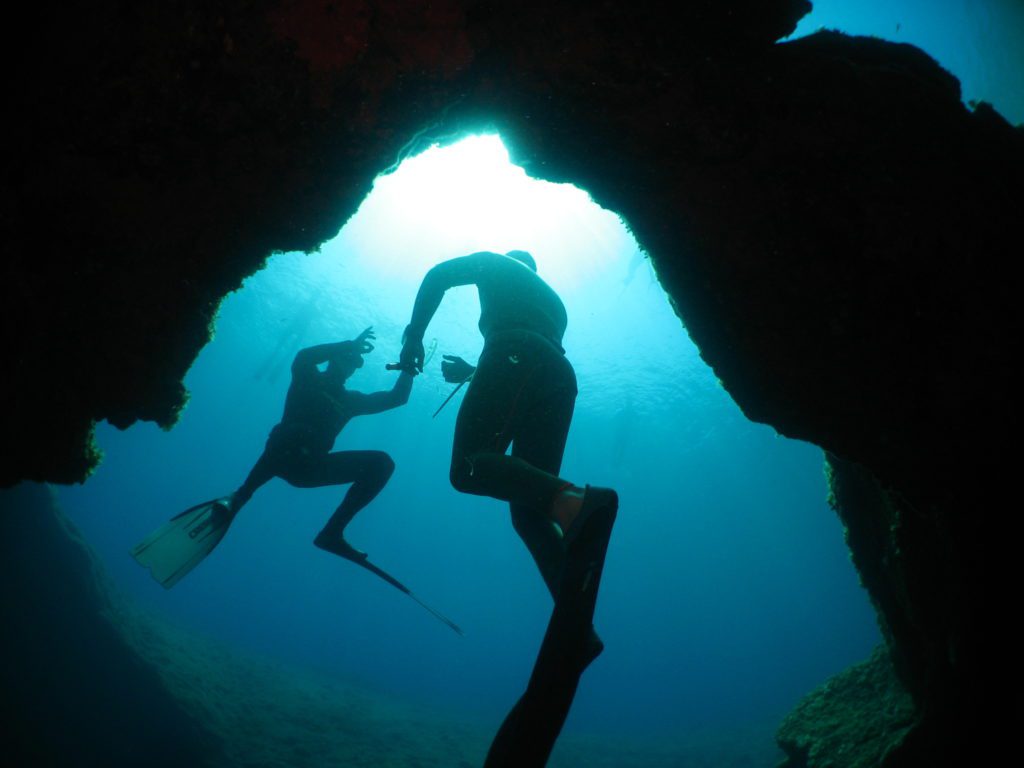

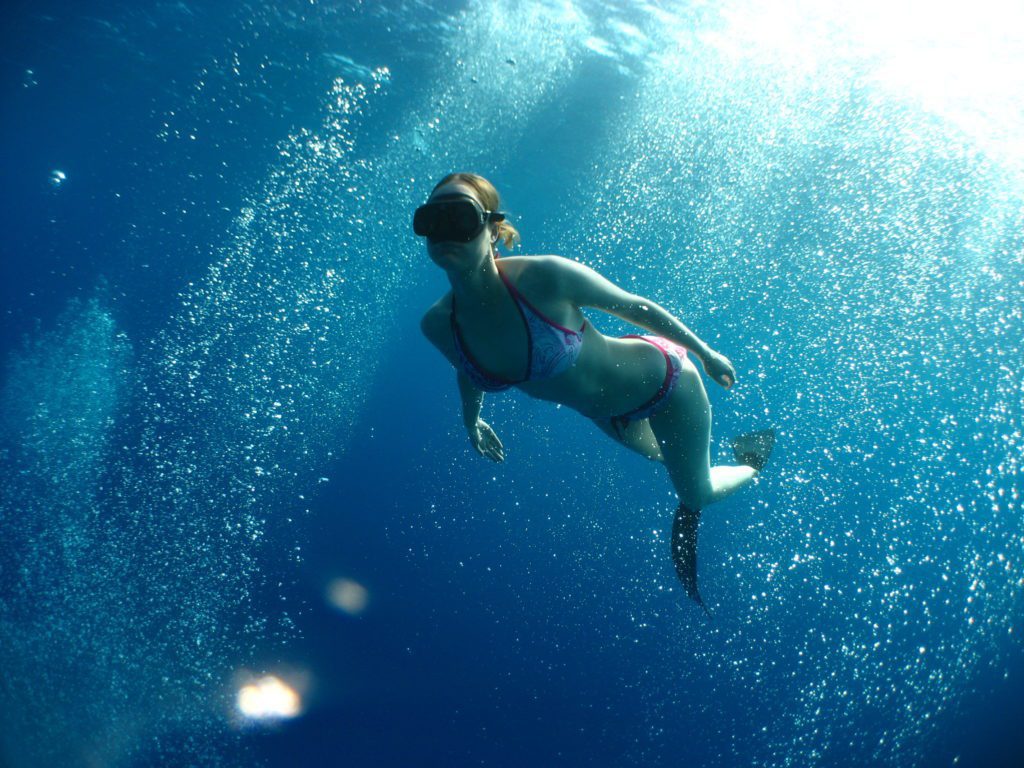
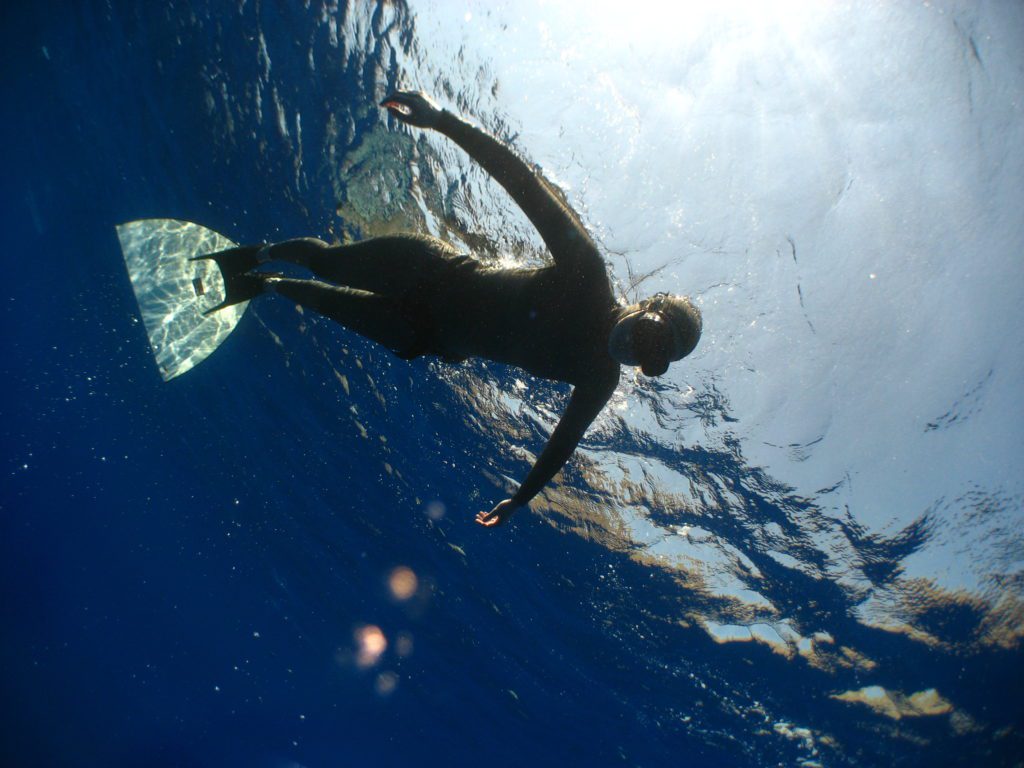
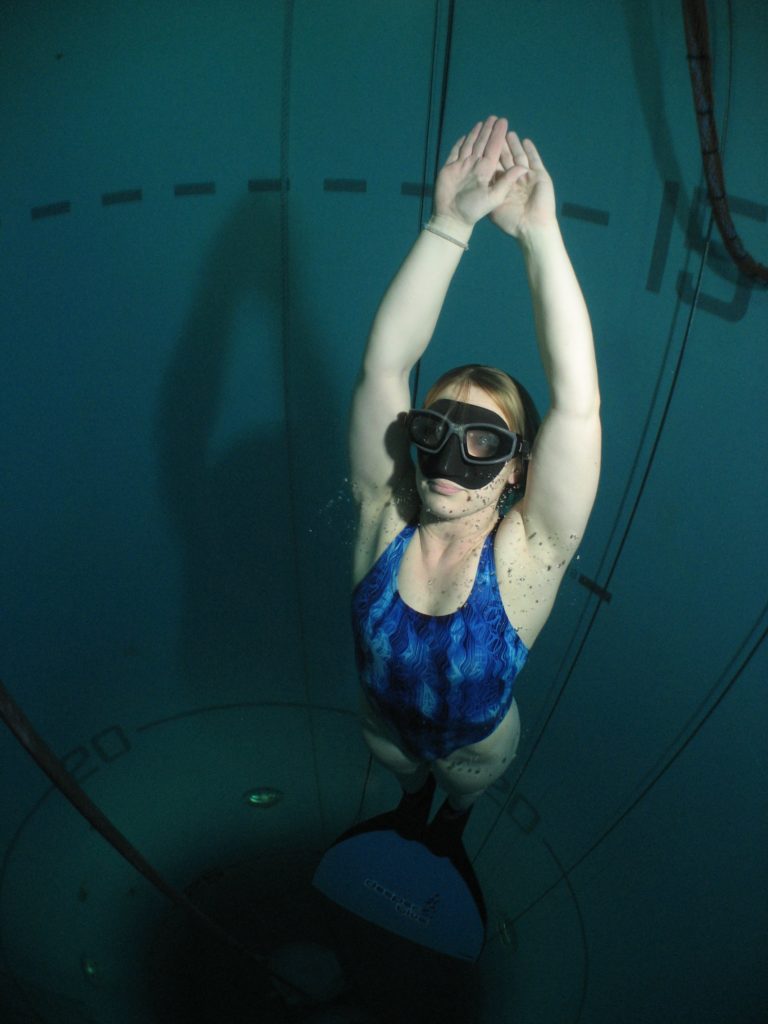
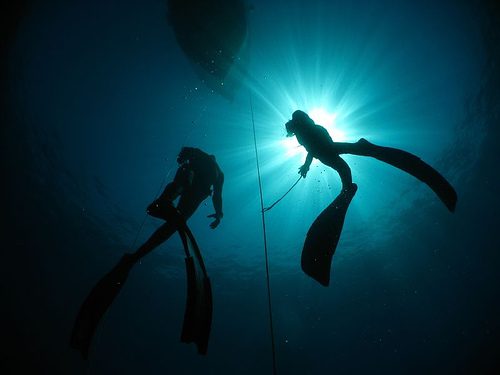
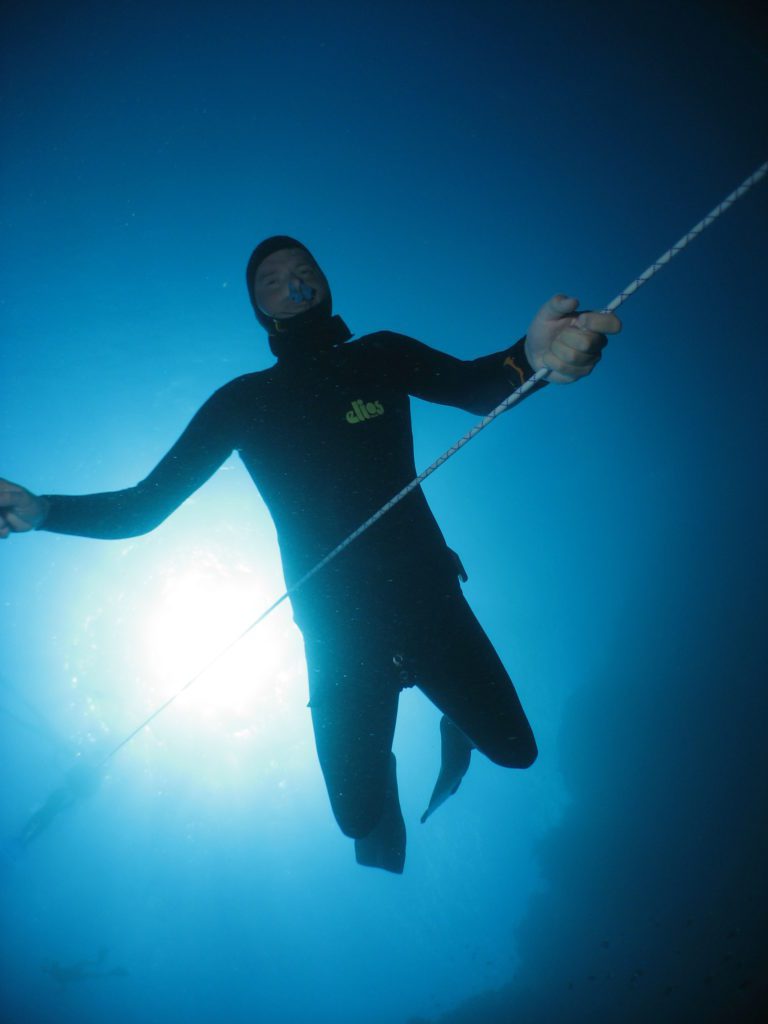
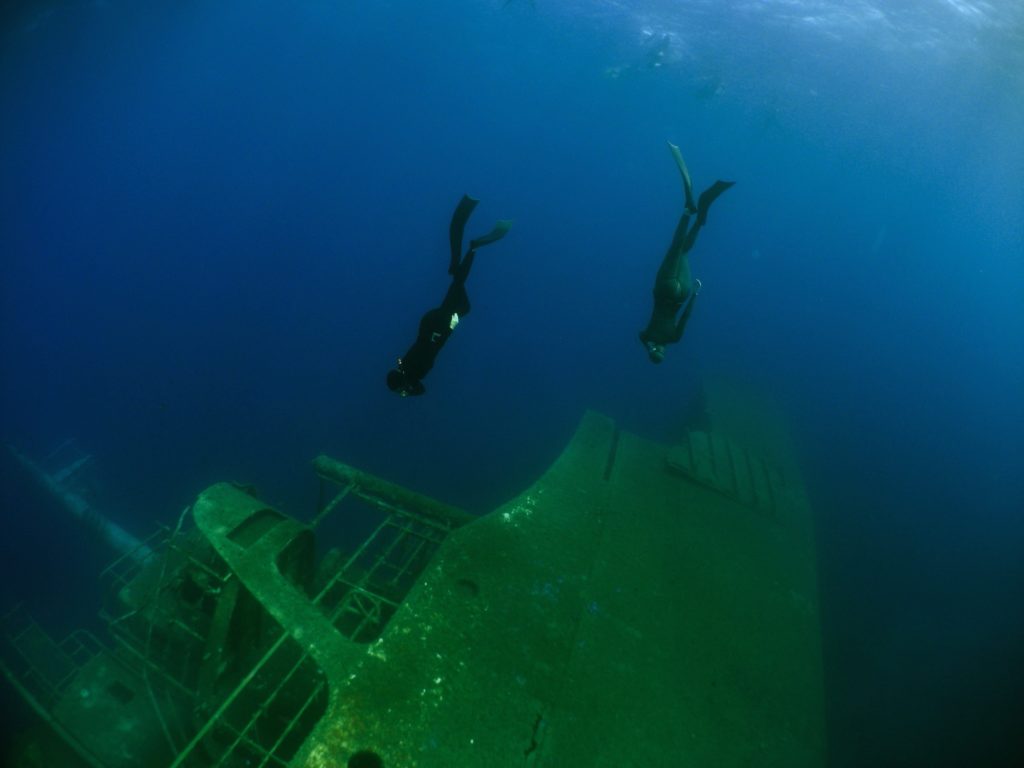
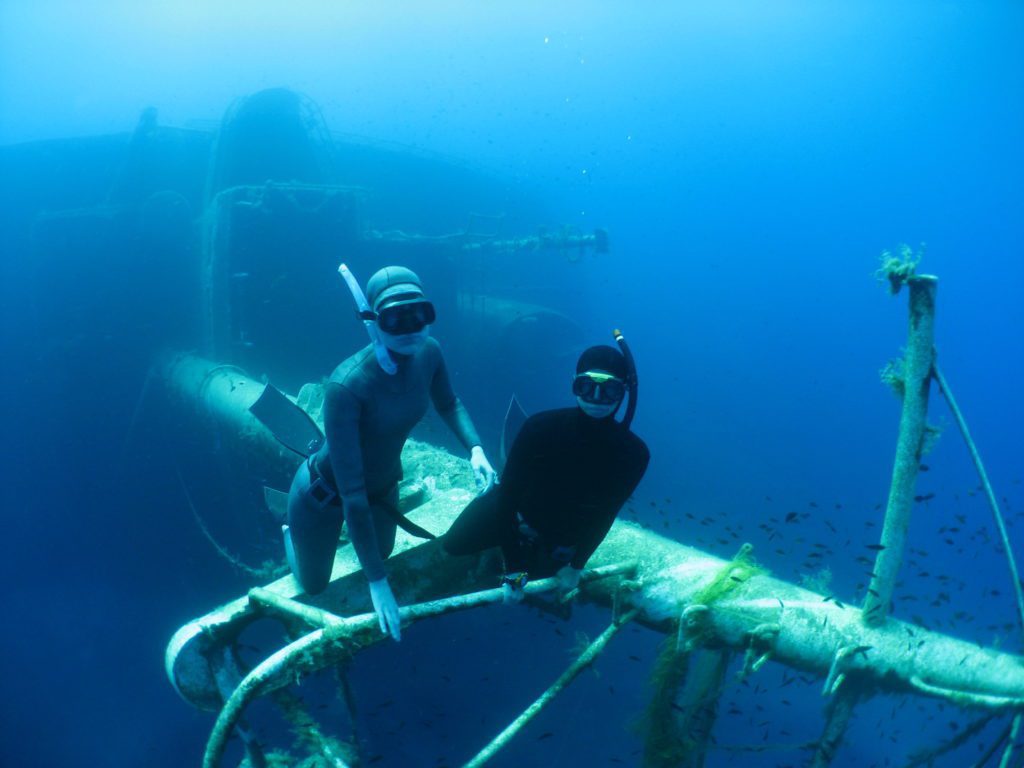
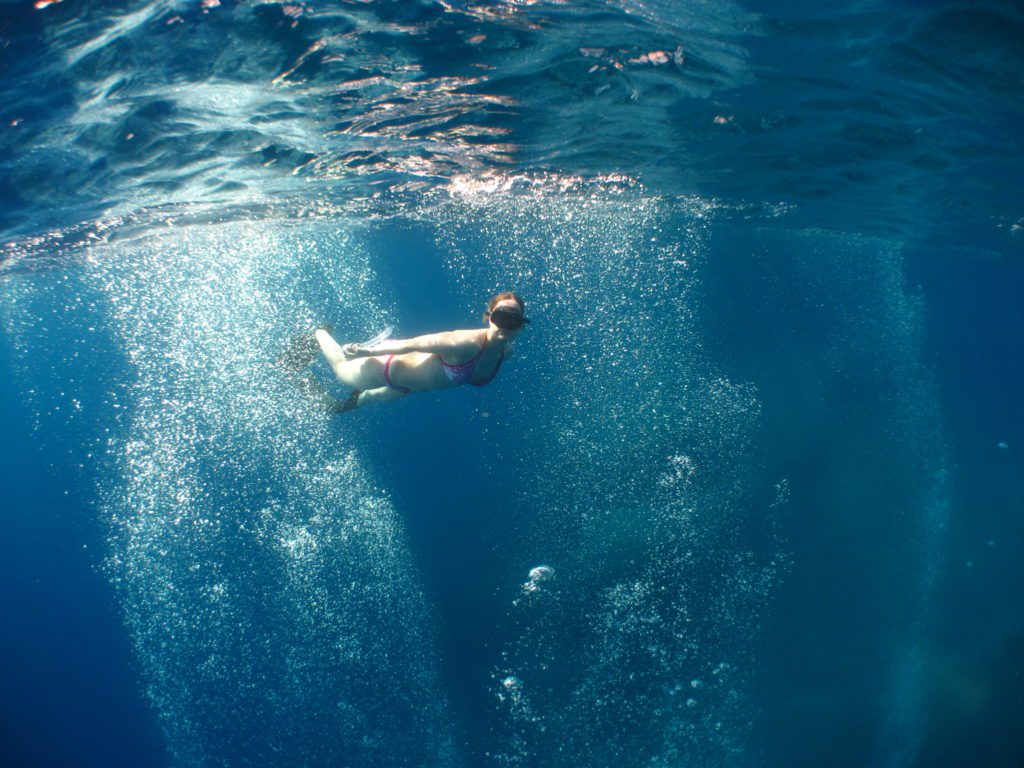
Comments